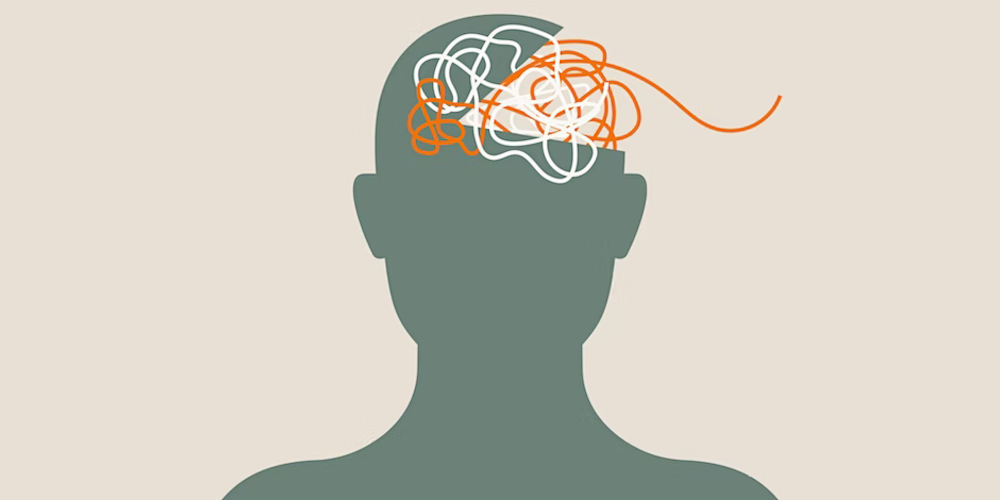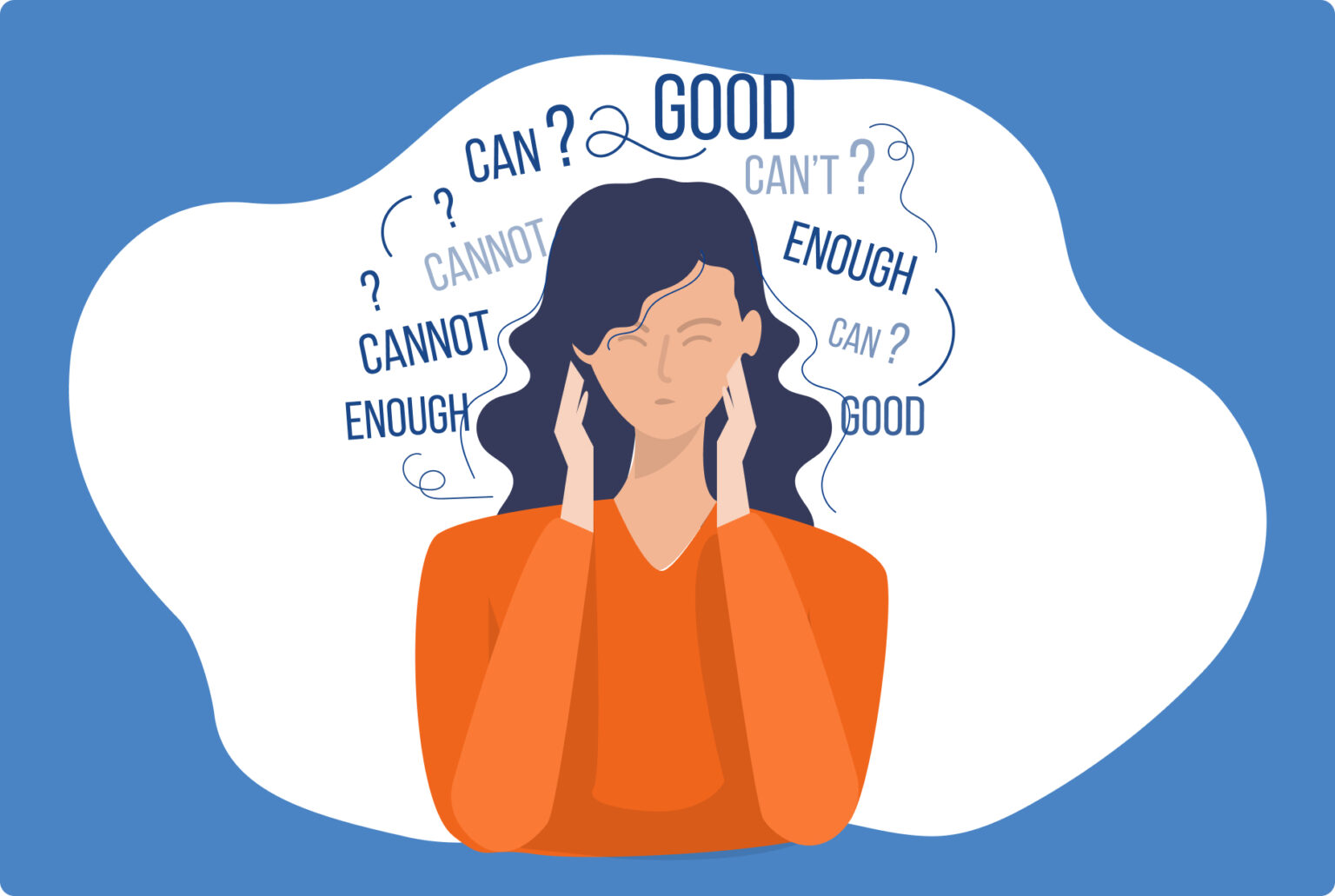Using a Dopamine Menu to Stimulate Your ADHD Brain
Your brain is a Tesla. When its battery becomes depleted, it needs to stop and recharge. You know the feeling when your power is draining down, but you don’t always know how to replenish it. Many of us grab our phones for a ‘quick’ doom scroll or a game of Geometry Dash. Others eat a cookie. This behavior is understandable, but it’s not helpful. “Most of us don’t spend hours scrolling through social media because we think it’s a good use of our time; we do it because we are looking for the stimulation we need to function,” says Jessica McCabe, the creator and host of How to ADHD, a popular YouTube series, and author of the new book How to ADHD (#CommissionsEarned).










